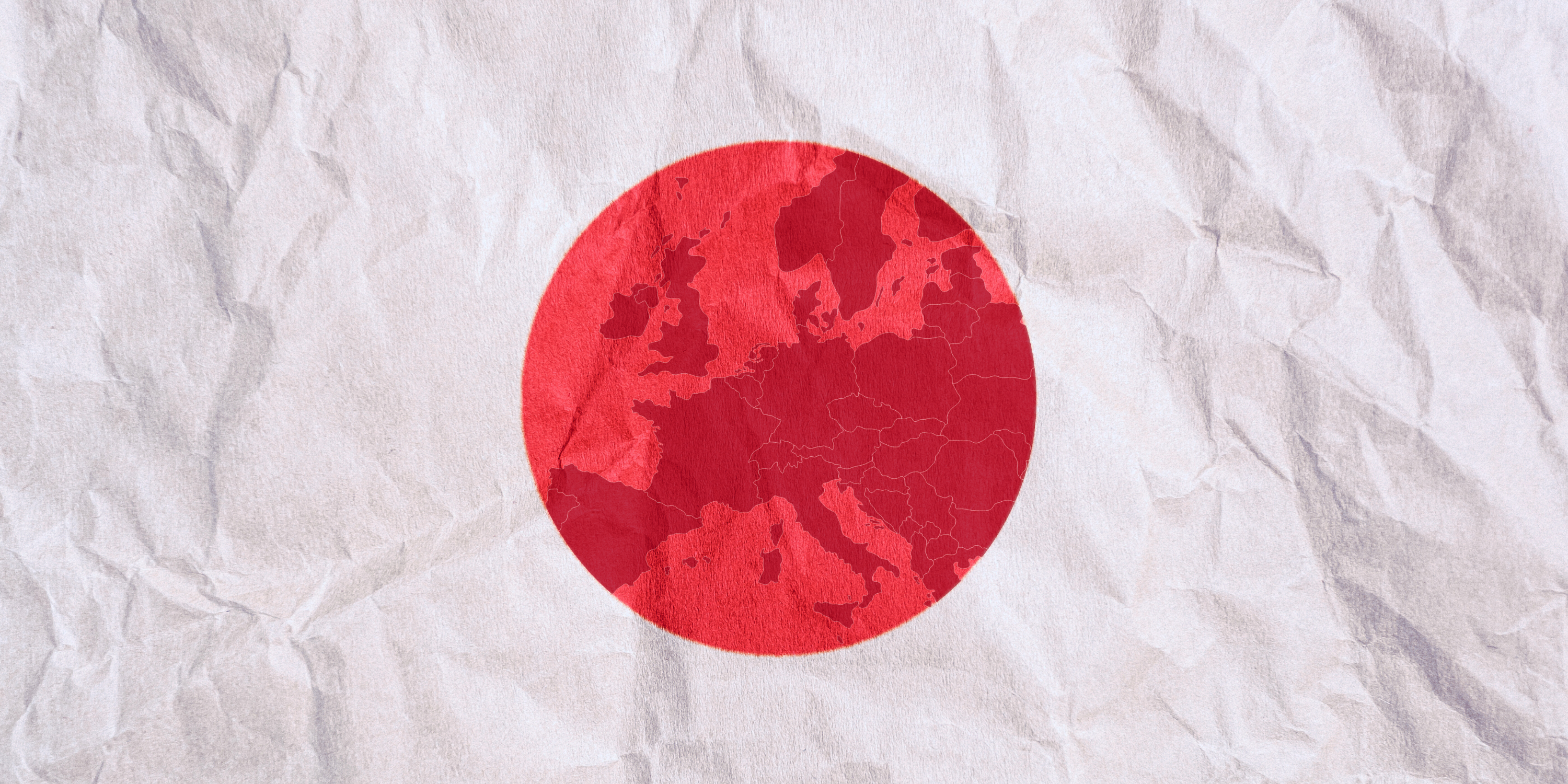Despite being a small state with limited military, maritime, and economic capabilities, the Philippines has defied conventional wisdom by demonstrating its ability to stand its ground even when confronted by a great power like China.
-
To resist Chinese aggression in the South China Sea, the Philippines has been exercising three sources of unconventional power: derivative, collective, and particular-intrinsic.
-
Given the fluid and potentially escalating situation, the Philippines must continually cultivate all three sources of its unconventional power.
-
Greater efforts to strengthen its collective power could give the Philippines a decisive advantage in its ongoing struggle with China.
Challenging the Thucydides’ logic
Over the past two years, Beijing has been more aggressively pushing the boundaries to establish its dominance in the disputed waters of the South China Sea by using non-military forces such as the Coast Guard, maritime militias, or fishing vessels. The key flashpoint has been Sierra Madre at Second Thomas Shoal, where China has continued to block the Philippines‘ routine missions to deliver supplies to the Filipino forces, even though the shoal is well within the Philippines‘ exclusive economic zone (EEZ). The most serious confrontation happened in mid-June, when Chinese Coast Guard personnel armed with knives, axes, and hammers boarded the Philippine Navy vessels and injured a Filipino crew member. The two sides subsequently agreed on a “provisional arrangement,” and the Philippines successfully conducted a resupply operation. However, de-escalation efforts were short-lived as China most recently shifted its pressure to Sabina Shoal, similarly not allowing the delivery of supplies to a coast guard ship at the shoal.
In light of the new flashpoint in Sabina Shoal, Beijing has been aiming to coerce the Philippines into acceptance of China’s claims in the South China Sea. In response, Manilla has refused to give in and has been leveraging its unconventional power, which, according to Tom Long, a professor at Warwick University, can be categorized in three forms: derivative, collective, and particular-intrinsic power. Consequently, by exercising its unconventional power, the Philippines has notoriously defied the conventional wisdom expressed by the ancient Greek historian Thucydides, that “the strong do what they can and the weak suffer what they must.”
The Philippines’ three sources of unconventional power
Small states that lack substantial military capabilities often derive power by entering into defense treaties or alliances with larger nations, using these relationships to advance their national interests. Long argues that “the diplomatic art of the weak states is to obtain, commit, and manipulate, as far as possible, the power of other more powerful states in their own interests.”
The Philippines has secured its fundamental derivative power through the 1951 Mutual Defense Treaty (MDT) with the United States. This treaty commits both nations to mutual defense in the event of an armed attack against either country, a commitment that has gained renewed importance amid rising tensions in the South China Sea. President Ferdinand Marcos Jr. has emphasized that the Philippines will invoke this treaty if a Filipino serviceman is harmed by any foreign power, with particular attention to China.
However, the Philippines’ derivative power extends beyond its relationship with the United States. It also includes regional alliances, such as the defense pact with Japan, allowing joint military exercises. Similarly, Manila and Hanoi pledged to sign a defense agreement by the end of this year. Additionally, recent developments have seen Germany’s Defense Minister, Boris Pistorius, visit the Philippines and commit to signing a defense cooperation agreement this year. This growing interest from European countries highlights the strategic significance of the South China Sea and its broader implications for Europe. The Philippines could potentially create a ripple effect by amplifying the support from the US, Japan, and Germany, encouraging other powerful nations to respond similarly. This would substantially bolster the Philippines’ defense capability, which is an important element in deterrence signaling toward China.
Collective power for small states is grounded in near-symmetrical relationships and can be obtained through institutionalism, single-issue groupings, or ad hoc support for specific causes. The Philippines primarily derives its collective power from its membership in the Association of Southeast Asian Nations (ASEAN). The regional grouping’s treaty fundamentally calls for “mutual respect for the independence, sovereignty, equality, territorial integrity, and national identity of all nations.” However, paradoxically, even though China has violated ASEAN’s treaty, there has been a conspicuous muted response from ASEAN member states to China’s provocations. Therefore, as some member states are reluctant to speak out about China’s harassment and take a stronger stance, the Philippines faces an uphill battle to harness its collective power.
Despite this lack of unity, individual ASEAN members have shown signs of support. For example, Vietnam, which also has territorial disputes with China, recently held its first joint coast guard exercise with the Philippines. This partnership between like-minded ASEAN members willing to deepen maritime security ties with the Philippines could potentially pressure other ASEAN states, whose inaction undermines the grouping’s credibility. Beyond the region, the Philippines also gains collective power from global ad hoc relationships. Lithuania, a small Baltic state, has emerged as a vocal supporter of the Philippines, signing a memorandum of cooperation last year. In April, Lithuania’s top diplomat visited the Philippines for the first time, discussing the development of economic cooperation and security and how Lithuania’s experience in energy could be beneficial for the Philippines in resisting China’s aggression. Considering that Europe’s military contributions are extremely limited in the South China Sea, Lithuania’s actions could inspire other smaller, or even larger, European states to support the Philippines by not only pressuring China to adhere to international law, outlying the consequences of violations but also offering Manila real and concrete economic and strategic offers that would enhance the country’s confidence in its own defense. A more harmonized, cohesive European approach toward the Philippines would show that Europe is a consistent, credible partner—another fundamental element in the deterrence equation.
Finally, the Philippines’ unconventional power is rooted in what Long terms “particular-intrinsic” power, which is based on resources inherent to a small state that become significant in global politics through their application. While small states may lack traditional resources— a large GDP, population, or formidable military forces, for instance—they possess particular-intrinsic resources that can be both ideational and material, such as culture, identity, valuable commodities, geostrategic location, narrow military capabilities, specialized production, or rare natural resources.
The Philippines occupies a strategically vital position in the South China Sea, a crucial global trade route through which over $3 trillion in ship-borne trade passes annually. The region is also rich in natural resources, including oil, gas, and critical raw materials like nickel, copper, and chromite, essential for green technology production. This strategic importance makes the Philippines a key partner for the US, Europe, and regional allies in their efforts to deter China. Failure to secure this area could disrupt resource extraction and threaten the safety of commercial shipping in the region.
On an ideational level, the Philippines staunchly advocates for adherence to international law, both in response to China’s actions in the South China Sea and to Russia’s war in Ukraine. During the meeting with Ukraine President Volodymyr Zelenskyy, President Marcos Jr. said the Philippines has been “trying to promote the continuing adherence to international law in our part of the world. The issues that you are facing are similar and in parallel to ours.”
Expressing solidarity with Ukraine enhances the Philippines’ image as a steadfast supporter of international law. This image may arguably resonate with countries that support Ukraine and insist on holding Russia accountable for its violations of international law. As a result, these countries may mobilize around the Philippines and express solidarity as the country, similarly to Ukraine, faces aggression from an authoritarian regime.







